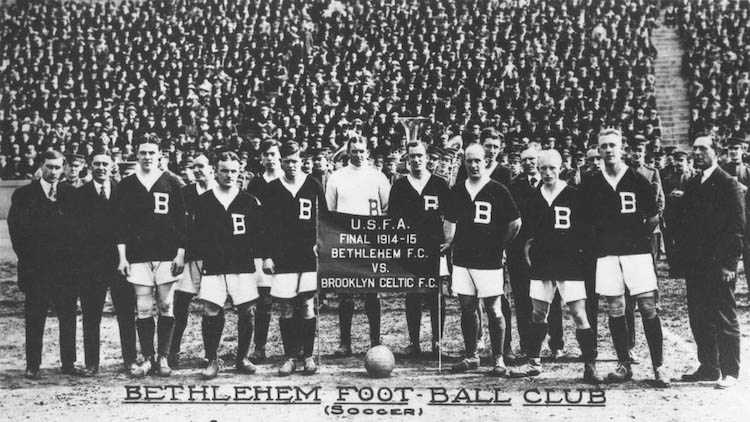The Importance of Memory
You know what scares me? Spiders, sharks, snakes, and bears, obviously. But more from an existential angst angle - being forgotten. Regardless of your belief about what happens when you die, we can look around this world and see what death will bring for all of us. At first, your family and friends will mourn your passing and feel the absence you have left, but over time you will fade from their thoughts. Soon, you will be a name on a family tree, grandchildren will scratch their head when they spot you in pictures, not sure who you are. Eventually, those pictures will fade, of course. And in 100 years, you will be gone. Very few of us make a mark large enough to outlive the darkening that comes with passing time.
And this is not to say that this process is bad. It is what it is.
But that thought, of eventually being nothing more than a lost memory, terrifies me. In my own life, I have see this process. I had a younger brother, David. He was my best friend throughout my early life, particularly during my teens. I did nothing that David was not a part of. Then, when I was 21, in college, my brother, 19, died suddenly. It was a gut-wrenching experience. But after the shock of his exit, a numbing occurred - life had to go on. Classes and girlfriends, work and friends, each item took a bit of focus and blurred the absence of my brother. Now, some 20 years later, I often say that he is as dead as George Washington - meaning that he is a name and a face, but not much more than that. The years have layered memories that obscure his passing. It was inevitable.
Every person reading this article has gone through this experience or will someday. People die. Other people live.
I’ve written before about the Fall River Marksmen and the old American Soccer League several times, but, for those unfamiliar, here’s the elevator pitch. The ASL was the dominant soccer league in the northeast United States from 1921 to the early 30’s. Clubs like Bethlehem Steel and Fall River dominated the league and the National Challenge Cup (eventually renamed the US Open Cup). The best players in the country played in this league. It outdrew baseball teams at the time. And then, it all ended.
In preparation for this column, I’ve been researching a player from that era. While I am not going to be talking too much about that process (there will be an article eventually), I do want to scrape the surface to make a point. Because Fall River Marksmen is such an interesting story to me, I decided to pick a player to research. As I dug into this player’s life, I realized how little is known about these players. They came and went from the soccer world. Like all professional players, they eventually retired and went on to live their lives, had families, got day jobs - they moved on.
And the country moved on as well. Other sports began to dominate the conversation. The rise of the NFL, MLB, and the NBA relegated soccer to a marginalized space. Sure, people played the sport but it no longer dominated headlines. The names of players from the ASL era were almost completely forgotten. And sadly, USSF seems completely unconcerned about preserving this history. MLS has become the dominate brand of the sport and the only focus of those in power. Leagues that came before are almost entirely ignored, as if soccer began in this country in the mid 90s. In fact, American soccer might be the only major sport that refuses to celebrate its history in any meaningful way.
This indifference has meant that memorabilia, memories, the players are almost all gone. I can’t imagine how difficult it would be to be the dominant player of a generation and then to be forgotten for the rest of your life. We see athletes struggle with adjusting to regular life all the time, but this group of players has been almost entirely erased from soccer consciousness. The old black and white photos cry out for attention, but for many time has erased any memory of the players beyond box scores.
I have been known to question the methods and style of Pro/Rel advocates online, but that group should be celebrated for its focus on the rich soccer history of this country. Focusing on that history is important, even vital, for the long-term success and sustainability of the game in this country. Pretending that MLS is something without precedent ignores the lessons that could be learned from the leagues that came before. The success of the NASL in the late 60s and early 70s dwarfs the crowds that MLS regularly draws now, even 25 years since founding. Go back and watch the videos of the Cosmos from that era, you see a league that captured the imagination of the country. This should be celebrated, not ignored. And, more importantly, lessons should be drawn to replicate that success.
So this column is a chance to fight the dust of age. If you’re a fan of soccer in this country, it’s time to become a historian as well. It’s time to celebrate the clubs of the past because they contributed to what we have today. We’ll be doing that here at Protagonist (just wait till you see some of these stories!), but it’s time to for the entire American soccer community to begin preserving the past. If the Federation won’t, then we will. We will not forget.
-Dan Vaughn


